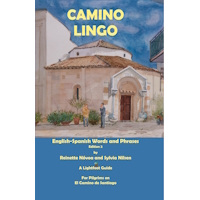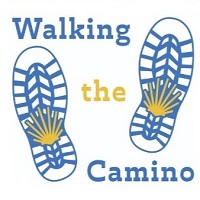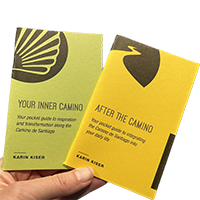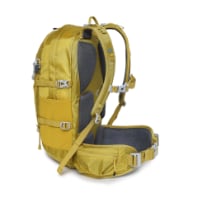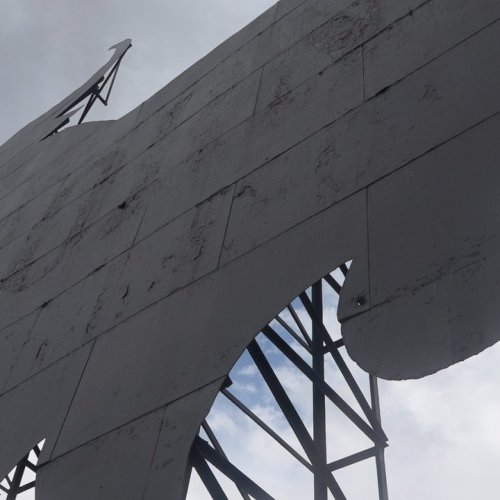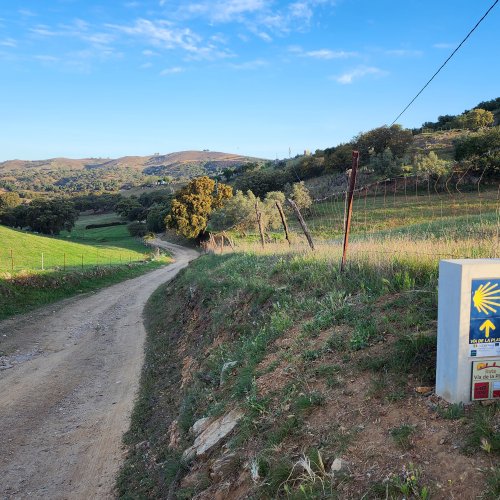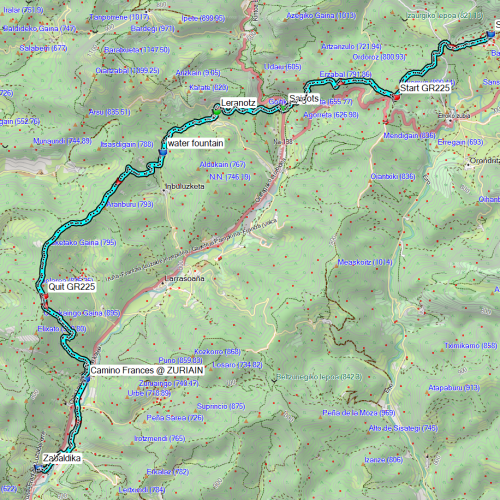BobM
Veteran Member
- Time of past OR future Camino
- V Frances; V Podensis; V Francigena; V Portugues; V Francigena del Sud; Jakobsweg. Jaffa - Jerusalem
I read The Pilgrimage by Paulo Coelho soon after completing my own 800 km pilgrimage from St Jean Pied de Port in France to Santiago in the north-west of Spain.
Readers who are looking for a factual, chronological, “travel book” of the Camino de Santiago de Compostela will be disappointed. There is only the vaguest chronology in the book. A few towns and important pilgrimage sites are mentioned. There is only a sketchy picture drawn of the terrain and countryside.
But that is quite irrelevant. The Pilgrimage is a much more sophisticated account of the psychological and spiritual aspects of pilgrimage. In fact, the physical vagueness in the book complements the inner struggles of the pilgrim.
The pilgrim in Coelho’s book is on a quest for his sword so that he can complete his apprenticeship in the Tradition and be able to perform the deeds of his Master. The quest takes place on the road to Santiago and the pilgrim (with his spiritual guide) encounters magical tests that expand his psychological horizons.
This resonated with me in the sense that the Camino finds the weak points in our bodies and characters and tests them. Reflective pilgrims gain personal insights, and, for many, their lives change in significant ways after completing the Camino. Coelho makes the same points by his use of magic to illustrate the inner transformation of his pilgrim.
The book also includes meditative exercises that the pilgrim performed at critical times on his journey. While some of the exercises are a little unrealistic, such as the Cruelty Exercise of self-mortification, most of them can be performed by anyone, with resulting benefit. I wish I had read the book before my own pilgrimage so I could have done more in this respect.
This was Coelho’s first book and it shows to a large extent. It is uneven in quality and lacks the tightness of his later work, such as The Alchemist – which it resembles in its basic structure of an individual’s quest for meaning.
I would cetainly recommend reading it, but perhaps after the Camino.
Regards
Bob M
Readers who are looking for a factual, chronological, “travel book” of the Camino de Santiago de Compostela will be disappointed. There is only the vaguest chronology in the book. A few towns and important pilgrimage sites are mentioned. There is only a sketchy picture drawn of the terrain and countryside.
But that is quite irrelevant. The Pilgrimage is a much more sophisticated account of the psychological and spiritual aspects of pilgrimage. In fact, the physical vagueness in the book complements the inner struggles of the pilgrim.
The pilgrim in Coelho’s book is on a quest for his sword so that he can complete his apprenticeship in the Tradition and be able to perform the deeds of his Master. The quest takes place on the road to Santiago and the pilgrim (with his spiritual guide) encounters magical tests that expand his psychological horizons.
This resonated with me in the sense that the Camino finds the weak points in our bodies and characters and tests them. Reflective pilgrims gain personal insights, and, for many, their lives change in significant ways after completing the Camino. Coelho makes the same points by his use of magic to illustrate the inner transformation of his pilgrim.
The book also includes meditative exercises that the pilgrim performed at critical times on his journey. While some of the exercises are a little unrealistic, such as the Cruelty Exercise of self-mortification, most of them can be performed by anyone, with resulting benefit. I wish I had read the book before my own pilgrimage so I could have done more in this respect.
This was Coelho’s first book and it shows to a large extent. It is uneven in quality and lacks the tightness of his later work, such as The Alchemist – which it resembles in its basic structure of an individual’s quest for meaning.
I would cetainly recommend reading it, but perhaps after the Camino.
Regards
Bob M






